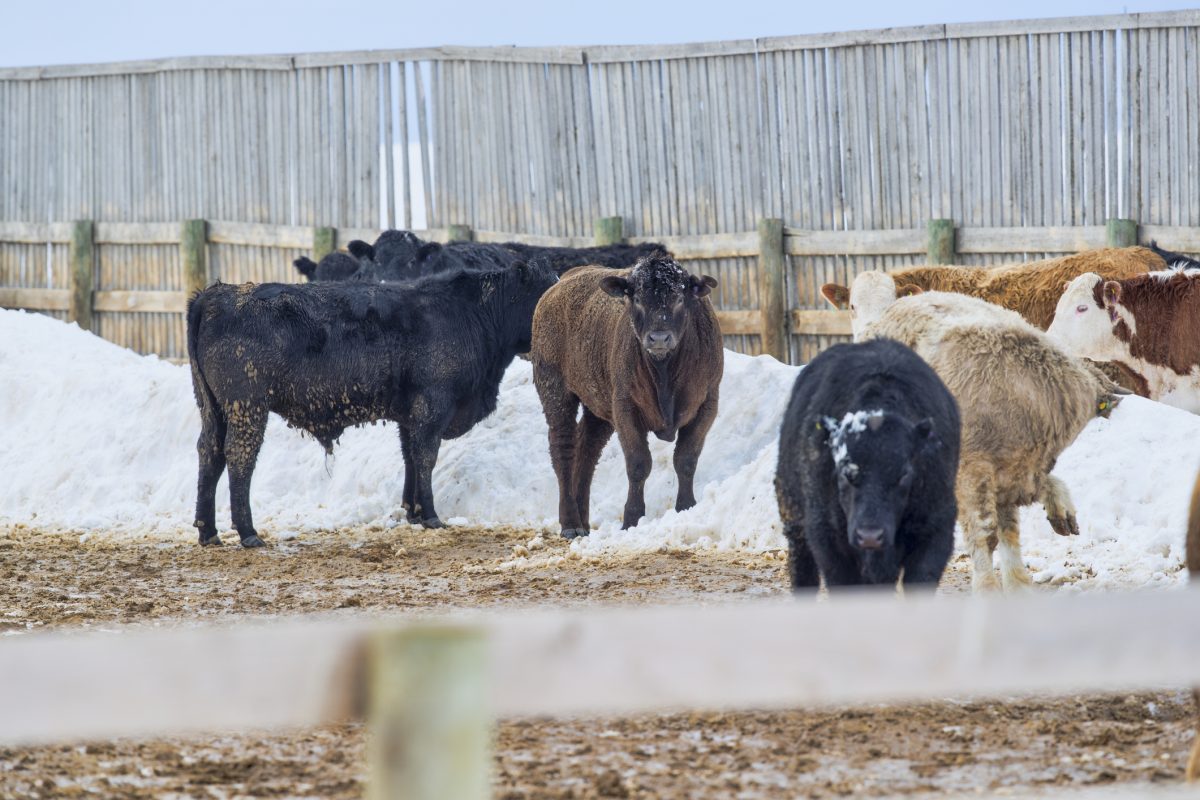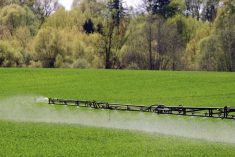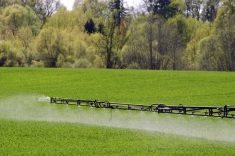Ottawa | Reuters — Annamie Paul announced her resignation as head of Canada’s Green Party on Monday after losing in her own district in last week’s parliamentary election, stepping aside just under a year after becoming the nation’s first Black leader of a mainstream national party.
Paul, 48, said she felt she was never truly allowed to lead the fractious environmentally focused party and was not interested in going through a fight to remain its chief. She called her time as party leader “the worst period in my life.”
Read Also

U.S. livestock: Cattle futures continue rally on bullish fundamentals
Chicago | Reuters – CME live and feeder cattle futures rose for the third day in a row on Wednesday,…
“When I was elected and put in this role, I was breaking a glass ceiling,” Paul told reporters in Toronto. “What I didn’t realize at the time is that I was breaking a glass ceiling that was going to fall on my head.”
Paul came in fourth in her own Toronto constituency — won by the Liberals — and the Greens dropped four percentage points nationally in the Sept. 20 election compared with 2019. They won only two seats in the 338-seat House of Commons compared with three two years ago.
Liberal Prime Minister Justin Trudeau won a third term, albeit with a minority of seats in Parliament.
Paul, a Toronto lawyer, beat out seven other contenders to win the leadership of the party last October. But she has for months been in a battle with the party’s federal council, which tried to oust her before the election. The party did not provide funding for Paul to hire a campaign staff or a national campaign manager.
“I just don’t have the heart for it,” Paul said, referring to going through a leadership review invoked by the party immediately after the election.
Of the discord within the party, Paul said she had never been given the opportunity to lead and “I will not be given that opportunity.”
Jenica Atwin, one of the three Green parliamentarians, left the party in June and joined the Liberals. Atwin was elected as a Liberal last week.
Atwin has said her exit was in large part due to a dispute over the party’s stance on Israel. Paul is Jewish. Atwin on Twitter criticized Israel’s treatment of Palestinians. A senior adviser to Paul, Noah Zatzman, posted on Facebook that some unspecified Green members of Parliament were anti-Semitic.
The Greens had appeared to be well-positioned going into this year’s election, as most Canadians indicated that fighting climate change was one of their priority issues. But Liberals and the left-leaning New Democrats promoted their own climate plans and capitalized on the sense of chaos within the party.
Paul said during the campaign that she had thought several times about quitting, but wanted to stay and fight for important causes. Paul was the second person of colour to head a federal party in Canada after Jagmeet Singh took over the left-leaning New Democrats in 2017.
In their 2021 platform, the Greens had pledged to restructure the next iteration of the federal/provincial agricultural policy framework (2023 to 2028) to shift programming away from “corporate-controlled industrial agriculture” toward agriculture “based on ecological and animal welfare principles.”
Doing so would include restructuring business risk management programs “to make them more equitable, inclusive, and responsive in helping farmers cope with climate risk” and introducing programs for capturing carbon in soils through “regenerative practices.”
The party also said a Green government would “assist farmers and support small and medium enterprises to transition away from the industrial model controlled by large agri-business and toward locally and regionally based, ecologically sound and humane agriculture and food systems” and protect supply-managed systems “while allowing small scale production for local markets outside this system.”
The Greens also pledged to adopt “comprehensive animal welfare legislation to prevent inhumane treatment of farm animals” dealing with minimum standards of treatment, housing density, live animals transport, and conditions at slaughterhouses and auctions.
— Reporting for Reuters by Steve Scherer. Includes files from Glacier FarmMedia Network staff.















